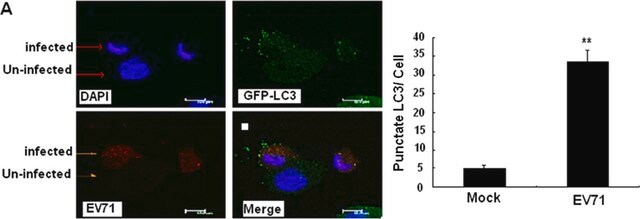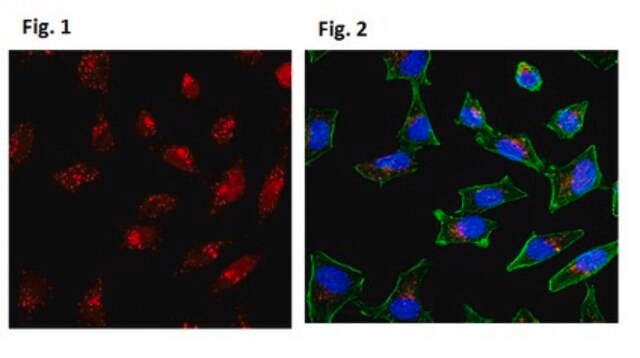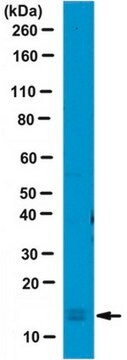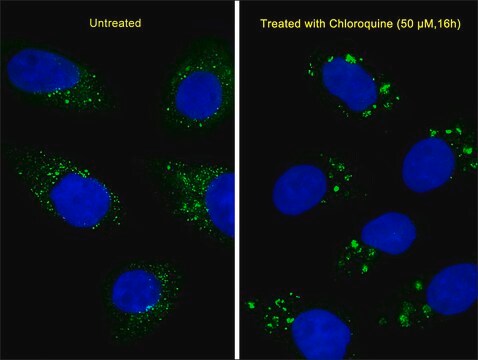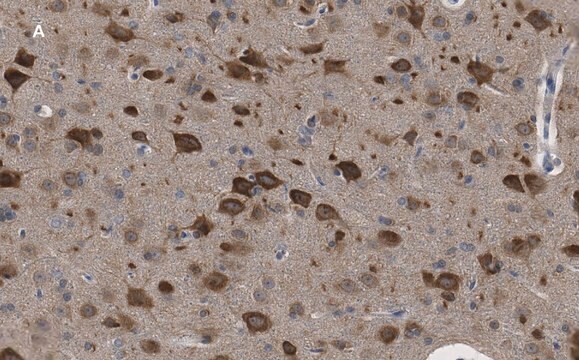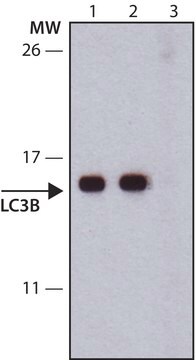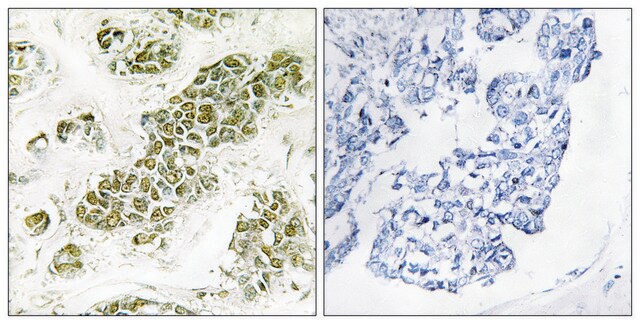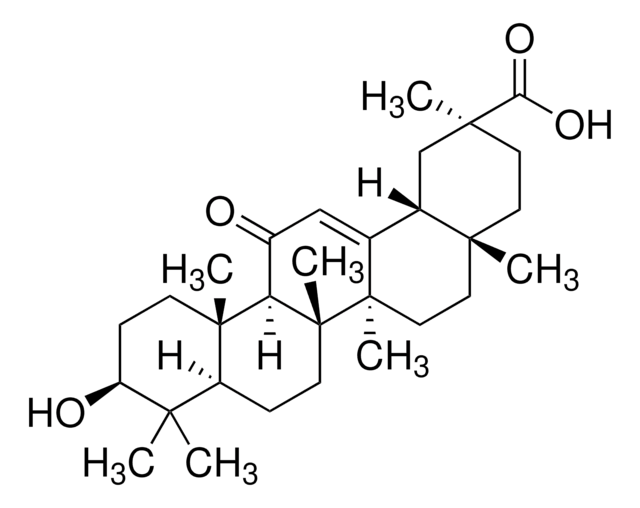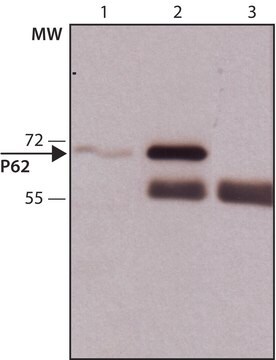L8793
Anti-MAP1LC3A antibody
rabbit polyclonal
Synonym(s):
Anti-MAP1 light chain 3-like protein 1, Anti-MAP1A/1B light chain 3 A, Anti-MAP1A/MAP1B LC3 A, Anti-MAP1ALC3, Anti-MAP1BLC3, Anti-MAP1LC3A, Anti-Microtubule-associated protein 1 light chain 3 alpha
About This Item
Recommended Products
Product Name
Anti-LC3A antibody produced in rabbit, ~1 mg/mL, affinity isolated antibody, buffered aqueous solution
biological source
rabbit
conjugate
unconjugated
antibody form
affinity isolated antibody
antibody product type
primary antibodies
clone
polyclonal
form
buffered aqueous solution
mol wt
antigen 16-18 kDa
species reactivity
mouse, human, rat
concentration
~1 mg/mL
technique(s)
immunoprecipitation (IP): 5-10 μg using extracts of human U87 cells
western blot: 0.5-1 μg/mL using whole extracts of rat and mouse brain
UniProt accession no.
shipped in
dry ice
storage temp.
−20°C
target post-translational modification
unmodified
Gene Information
human ... MAP1LC3A(84557)
mouse ... Map1lc3a(66734)
rat ... Map1lc3a(362245)
General description
Specificity
Immunogen
Application
- immunohistochemistry
- immunostaining
- western blotting
Biochem/physiol Actions
Physical form
Storage and Stability
Disclaimer
Not finding the right product?
Try our Product Selector Tool.
recommended
Storage Class Code
10 - Combustible liquids
WGK
WGK 3
Flash Point(F)
Not applicable
Flash Point(C)
Not applicable
Personal Protective Equipment
Choose from one of the most recent versions:
Already Own This Product?
Find documentation for the products that you have recently purchased in the Document Library.
Customers Also Viewed
Our team of scientists has experience in all areas of research including Life Science, Material Science, Chemical Synthesis, Chromatography, Analytical and many others.
Contact Technical Service
